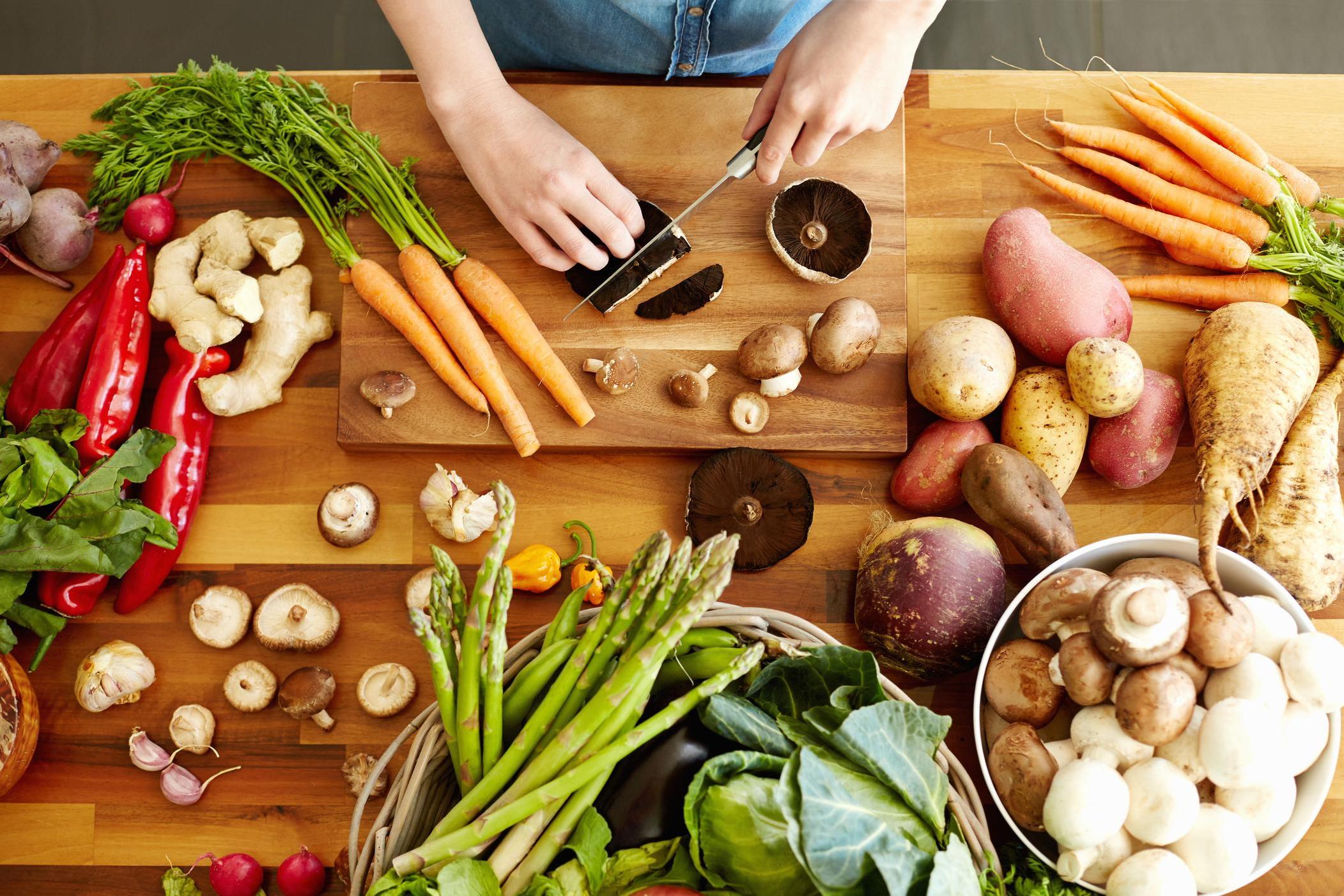How to eat mindfully in eight simple steps
Lose weight without actually going on a diet

Your support helps us to tell the story
From reproductive rights to climate change to Big Tech, The Independent is on the ground when the story is developing. Whether it's investigating the financials of Elon Musk's pro-Trump PAC or producing our latest documentary, 'The A Word', which shines a light on the American women fighting for reproductive rights, we know how important it is to parse out the facts from the messaging.
At such a critical moment in US history, we need reporters on the ground. Your donation allows us to keep sending journalists to speak to both sides of the story.
The Independent is trusted by Americans across the entire political spectrum. And unlike many other quality news outlets, we choose not to lock Americans out of our reporting and analysis with paywalls. We believe quality journalism should be available to everyone, paid for by those who can afford it.
Your support makes all the difference.It might sound like just another diet industry buzzword, but mindful eating could be the one habit to bring you a fad-free 2022.
It really is as simple as it sounds and describes the act of eating one’s food mindfully i.e. without the distraction of a buzzing phone or a manic environment.
When practised correctly, mindful eating has been found in various studies to aid weight loss and boost digestion in addition to enriching the overall dining experience.
According to Tracey Strudwick, a nutritional therapist at Nuffield Health, there are eight ways to kick start your route to becoming a mindful eater - and they’re easier than you think.
1. Sit down to eat
This may sound obvious, but thanks to high street cafe chains, such as Pret A Manger and Itsu, the rise of to-go food culture can often see us scoffing down a sarnie on our morning commute i.e. zero mindful eating points.
“Give attention to your food and enjoy the experience,” Strudwick suggests.
2. Take your time
The average British worker takes just 27 minutes of their lunch break, according to a survey of 7,000 Brits.
This does not bode well for a leisurely period of mindful eating.
In 27 minutes you’ll be so busy rushing back to your desk with your shop-bought meal that you’ll barely have time to think about what you’re buying, let alone chew and savour your food.
It’s crucial to eat slowly if possible, stresses Strudwick, as this will enable your brain to recognise when you’re full and prevent you from stuffing yourself silly.
Remember, slow and steady wins the race.
3. Ban electronic devices
Yes, even your iPhone.
In today's smartphone-obsessed society, we seldom spend longer than 10 minutes without our trusty screens by our side.
Obviously, this can lead your mind astray at mealtimes, making it tricky to focus exclusively on your food and not on what Instagram filter makes your cheekbones look better.
Think of your phone as a digital rabbit hole that leads you away from everything mindful eating stands for.
4. Put your fork down in between mouthfuls
This one can be easier to employ when you’re dining with other people because the likelihood is that they will want to speak to you while they eat - and nobody wants to see someone talking with their mouth full.
“Wait until you have swallowed one mouthful before reaching for another,” says Strudwick.
5. Eat in silence every now and then
When you are dining alone, don’t immediately reach for Netflix to keep you company.
It can be beneficial to enjoy a meal in silence from time to time as it encourages you to think more deeply about what you’re eating and how you’re eating it, both of which are at the core of mindful eating.
6. Identify the difference between emotional and physical hunger
If you are an emotional eater, it can be all too easy to mistake boredom/stress/exhaustion for hunger.
However, it’s crucial to recognise when you are actually hungry and when your triggers for food are rooted in something more psychological.
“If your triggers are non-hunger related, find alternatives to food that can help to meet your emotional needs at that time,” advises Strudwick, who suggests busying yourself with other activities you may find enjoyable i.e. going for a walk, exercising or reading a book.
7. Ask yourself how this meal will nourish you
Looking at your meal and simply considering how it will benefit you can be a useful mindful eating tool, explains Strudwick.
She suggests carefully considering the foods you choose to eat by asking, “Are they full of nutrients that will nourish you? Are they foods that will satisfy you for hours and not merely minutes?”
8. Think about how your food was produced
Strudwick advises considering your food’s journey to your plate i.e. where were these vegetables grown.
“Eating in this way not only helps us to form positive relationships with food,” she explained, “it also helps us to make better food choices, enhancing our overall health and wellbeing.”
[This article was first published in 2018]
Join our commenting forum
Join thought-provoking conversations, follow other Independent readers and see their replies
Comments